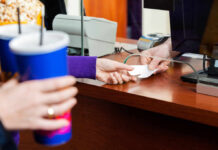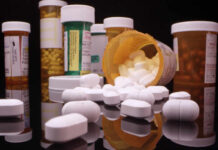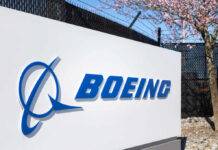
Panera Bread’s Charged Sips beverages, which the company announced it will discontinue amid wrongful death lawsuits, contain significantly higher levels of caffeine compared to other popular drinks.
The fruit-flavored beverages contain between 155 milligrams and 302 milligrams of caffeine, according to the company’s website.
Tragic news.
My private source from inside Panera Bread just told me they're getting rid of the Charged Lemonade. pic.twitter.com/YhjCggG3jP
— Poe's Law, Esq: Poe's Lawyer (@dyingscribe) May 7, 2024
In comparison, a typical 8-ounce cup of coffee contains 95 milligrams of caffeine, according to the U.S. Food and Drug Administration, while a 16-ounce can of Monster Energy contains 160 milligrams. The high caffeine content in Charged Sips beverages has been linked to the deaths of two individuals and long-term heart problems in another plaintiff.
“The Charged Sips drinks are listed as having anywhere from 155 to 302 milligrams of caffeine on their website,” according to a report by One America News Network. The drinks come with a warning indicating they are not recommended for “children, people sensitive to caffeine, pregnant or nursing women.”
Tragic news.
My private source from inside Panera Bread just told me they're getting rid of the Charged Lemonade. pic.twitter.com/YhjCggG3jP
— Poe's Law, Esq: Poe's Lawyer (@dyingscribe) May 7, 2024
Panera derived the caffeine in Charged Sips from guarana, a plant extract often used in energy drinks, and green coffee extract. The company introduced the line in the spring of 2022 to meet customers’ growing demand for natural drinks with functional benefits.
The tragic deaths linked to Panera’s highly-caffeinated drink serve as a sobering reminder of the importance of transparency and accountability in the food and beverage industry. By discontinuing the product and prioritizing customer safety, Panera has set a new standard for corporate responsibility. As consumers, we must remain vigilant and demand clear labeling of potentially harmful substances. Only by holding companies accountable and putting public health first can we prevent future tragedies and build a more trustworthy industry for all.
































